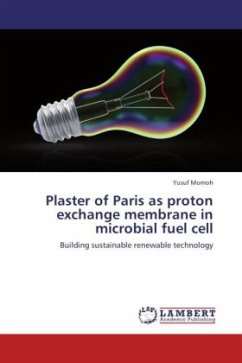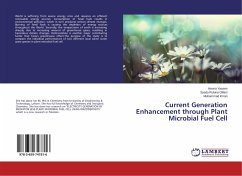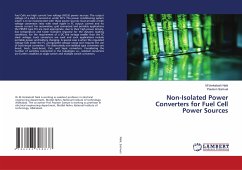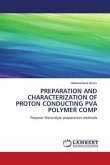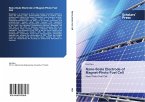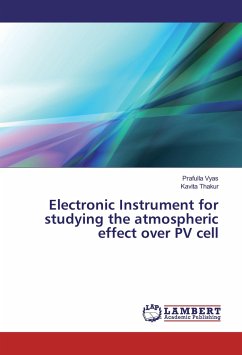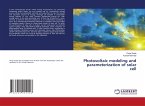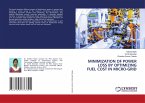Microbial fuel cell technology is an emerging technology with the potential to support renewable energy production and promote sustainable development. However, high cost of materials has militated against large scale implementation of this technology, especially when considering the high cost of Nafion used as proton exchange membrane. The successful application of Plaster of Paris slurry(gypsum) as proton exchange membrane as highlighted in this work, suggests the possibility of reduced cost in the development of this technology. Also, the architectural design described in this work makes this technology accessible to professional and non professionals interested in this research area. In addition, non governmental organizations (NGO's) interested in the development of renewable technology for developing countries will find this simple and cost effective design very appealing.
Bitte wählen Sie Ihr Anliegen aus.
Rechnungen
Retourenschein anfordern
Bestellstatus
Storno

